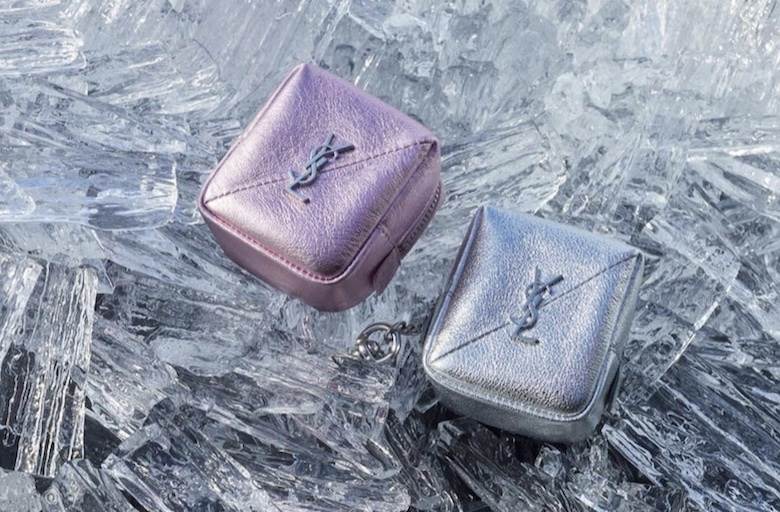China: luxury multiplies its Double 11 presence

This year’s Double 11 - or Singles’ Day - shopping festival not only resulted in record-breaking sales for China’s two biggest e-commerce players, Alibaba and JD.com, but also broke records for the number of high-end brands who participated via Alibaba’s highly curated Tmall Luxury Pavilion.
In addition to more frequent pavilion faces such as Chanel, several luxury brands including Saint Laurent and Max Mara also joined the platform for the first time in celebration of Double 11.
In total, more than 200 luxury brands took part in the shopping bonanza via the Tmall pavilion alone.
Alibaba reported its gross merchandise volume (GMV) for the 11-day period leading up to the traditional shopping date, November 11, whereas JD revealed transaction volume figures for its own promotional period, which began at 8pm on October 31.
The former said that its GMV amounted to ¥540.3 billion (around $84.5 billion). Although this represented another record broken for the platform, the figure will also be remembered as the first time Alibaba’s Singles’ Day did not achieve double-digit growth.
Rather, the e-commerce giant’s GMV only increased by about 8.5% on the previous year. For context, the comparative (double-digit) figure for 2020’s festival was almost double that which was achieved during the 2019 event.
Several commentators have attributed Alibaba’s relatively slowed progress to recent wealth redistribution signals from China’s president, Xi Jinping, in addition to a general sense of fatigue and wariness around incentivised shopping in the country at present.
JD, meanwhile, reported a 28% boost to its own transaction volumes on the year previous, reaching an all-time high of ¥349.1 billion or $54.6 billion.
Afternoon trade on the Hong Kong stock exchange on November 12 seemed to echo the two companies' results. Alibaba was down roughly 1.8%, while JD shares were up approximately 4.6%, according to US-based business news publication CNBC.
Alibaba Group president, Michael Evans, commented: “The e-commerce environment continues to be very vibrant. China remains an incredibly important market for brands to find growth today, but also growth in the future.”
JD, for its part, emphasised that 77% of its total users throughout the sales period hailed from smaller or so-called lower-tier Chinese cities, a relatively underexposed customer base upon which it remains acutely focused.
Alibaba observed a similar trend: from November 1 through 3, when its own promotional period began, spending from lower-tier and relatively rural populations increased by almost 25% on the year before.
Singles’ Day is thought to have been started by four bachelors at Nanjing University in 1993, as a form of protest against China’s Double Seventh festival (also known as Qixi festival or Chinese Valentine’s Day), which traditionally falls on the seventh day of the seventh Chinese lunar month.
The pronunciation of 11.11 (hence the name Double 11, an alternate name for Singles’ Day) in Mandarin Chinese sounds similar to a Chinese idiom meaning “a whole lifetime” or “all my life”. It also looks like four single people standing in a line.
Image by Juergen Teller for Saint Laurent.










